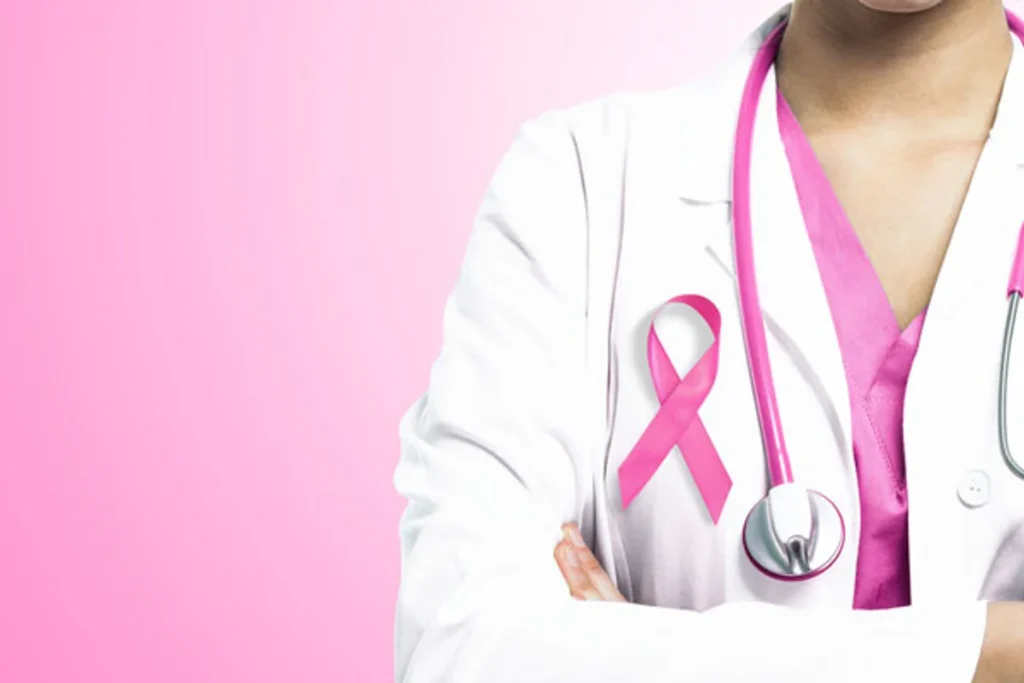Breast cancer survivors in the Eastern Region are worried about the increasing expenses associated with treatment, which they believe is leading to more fatalities as numerous patients are unable to continue their care.
They highlighted the exorbitant costs of mammography, chemotherapy, and necessary medications as significant obstacles, particularly impacting single mothers, widows, and divorcees who constitute a substantial portion of survivors.
Patience Amakuor, a breast cancer survivor from Koforidua diagnosed in 2016, appealed to the government to fully integrate breast cancer treatment into the National Health Insurance Scheme (NHIS) to save lives.
On behalf of over a hundred survivors, she implored the government to make essential medications and breast prostheses more affordable or available free of charge, emphasising that the high expenses are preventing many patients from obtaining the necessary care, resulting in high mortality.
“After the surgery, you need chemotherapy. The NHIS only covers infusion and bed costs. But for the medication, you have to pay GHS 750 per session, and I do seven cycles. Sometimes, they make us repeat the cycles,” she explained.
She provided more details on the extra financial challenges, stating, “You have to do various lab tests every six weeks before chemotherapy, and when you go to Korle Bu, the services are so expensive we can’t afford them. We are pleading with the government to include chemotherapy and radiation in the NHIS. Even the breast tissue replacement costs GHS 1,500, and without it, many women are left without any resemblance of a breast.”
Dr. Foster Amponsah Manu, the Head of the Surgical Department at the Koforidua Regional Hospital, expressed concern about the increasing incidences of breast cancer and related fatalities in the region.
He urged the government to provide all regional hospitals with the necessary resources to offer comprehensive and affordable breast cancer care.

“What we are not doing right is making available the services. Most of these services sometimes cost a lot, we don’t have mammograms in every centre to help in the screening. We don’t have chemotherapy or radiotherapy in every setting and people have to travel a long distance to be able to get this care. Once these services are easily available, the country will move ahead, and if some of these services are made free, people step forward to get the care”.
The World Health Organisation reports that 2.3 million women worldwide received a breast cancer diagnosis in 2022, resulting in 670,000 deaths. In Ghana, approximately 4,000 women are diagnosed annually, but many lose their lives due to late detection and the inability to afford treatment.
During a symposium held on Wednesday, October 16, 2024, as part of breast cancer awareness month, organised by Eastern Regional Hospital in collaboration with Awuah-Darko Foundation, Dr Akoto Ampaw, the Medical Director of the Eastern Regional Hospital, emphasised the urgent need for early detection of breast cancer.
Dr. Akoto Ampaw expressed concern that the hospital lacks the necessary functional equipment to provide comprehensive breast cancer services.
“The one which is even more important in the detection of Breast Cancer is the Mammogram and as we speak now the region does not have a functional mammogram and we are working hard to partner with some private people to set it up so in line with breast cancer mammography is number one for us.
“We are looking at possibly a specialised centre for chemotherapy because we do our chemos currently on the ward, we would want to have a special unit where the level of care will be higher because remember that these people that we subject to chemo, their immune system gets lower than the average person and for that matter, we need to separate them from the general ward.”
As part of Breast Cancer Awareness Month, Dr Akoto Ampaw said the hospital’s management had slashed the cost of ultrasound scan services from GHS 100 to GHS 20 to enable more women to access diagnosis for early detection.


